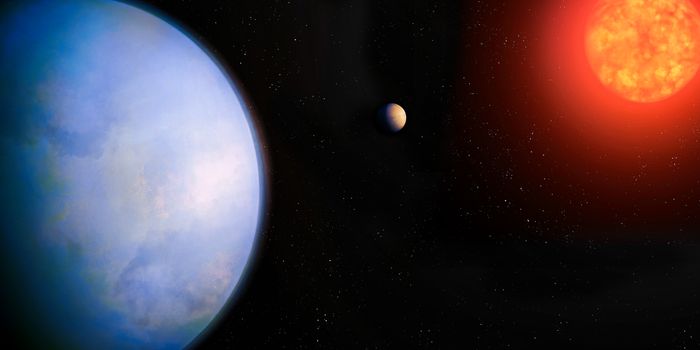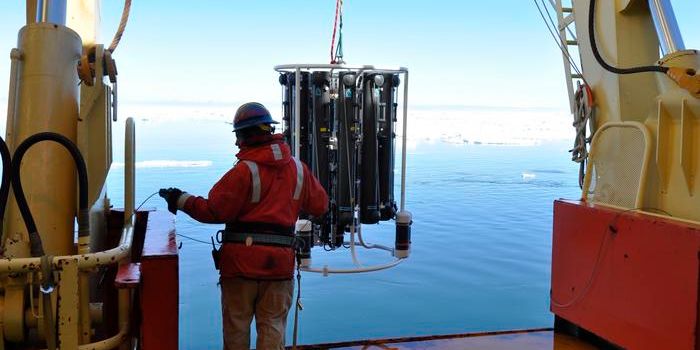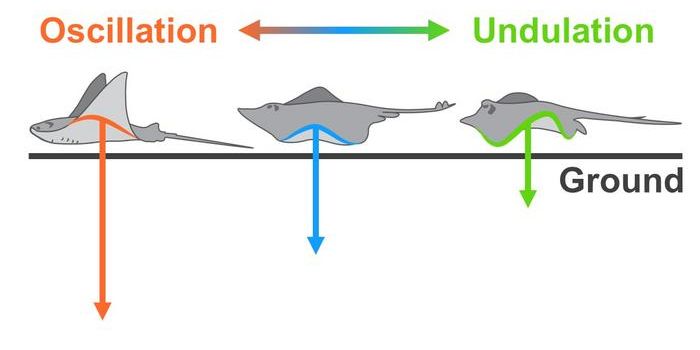Sinking Stars: Climate-Induced Loss of Antarctic Meteorites
How can climate change effect the search for meteorites in Antarctica? This is what a recent study published in Nature Climate Change hopes to address as an international team of researchers investigated how melting snow and ice could prevent successful identification of meteorites, of which approximately 60 percent of all meteorites retrieved on Earth have been found in Antarctica. This study holds the potential to help scientists, climate change activists, and legislators better understand the impacts of climate change on science, as meteorites are crucial for gaining greater insight into the formation and evolution of the solar system and beyond.
“We need to accelerate and intensify efforts to recover Antarctic meteorites,” said Dr. Harry Zekollari, who is an associate professor at Vrije Universiteit Brussel and a co-author on the study. “The loss of Antarctic meteorites is much like the loss of data that scientists glean from ice cores collected from vanishing glaciers – once they disappear, so do some of the secrets of the universe.”
With a combination of climate models, satellite observations, and artificial intelligence, the researchers estimate that at current rates, they will lose the ability to identify approximately 5,000 meteorites annually, with approximately 24 percent being lost by 2050 and potentially 76 percent by 2100.
While meteorites’ dark colors allow them to be easily identified within the massive blanket of snow and ice in Antarctica, this is also the reason that could lead to their demise in terms of losing them to climate change. This is because as their darker colors absorb greater amounts of heat from increasing temperatures, this heat causes the surrounding snow and ice to melt, resulting in the meteorite sinking into the subsurface, becoming unidentifiable to both satellites and eager scientists who traverse the landscape on snowmobiles when searching for them.
Image of Antarctic meteorite (HUT 18036) retrieved by the Lost Meteorites of Antarctica project that is partially in the ice, which contrasts with most meteorite samples that are retrieved while lying completely free on the surface. (Credit: Katherine Joy, The University of Manchester, The Lost Meteorites of Antarctica project.)
"Even when temperatures of the ice are well below zero, the dark meteorites warm-up so much in the sun that they can melt the ice directly beneath the meteorite. Through this process, the warm meteorite creates a local depression in the ice and over time fully disappears under the surface,” said Dr. Veronica Tollenaar from the Université Libre de Bruxelles and a co-author on the study.
How will climate change affect the search for meteorites in Antarctica in the coming years and decades? Only time will tell, and this is why we science!
As always, keep doing science & keep looking up!
Sources: Nature Climate Change, EurekAlert!, ETH Zurich









